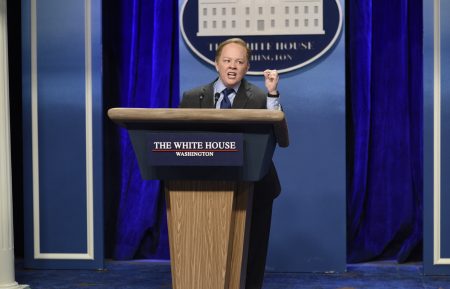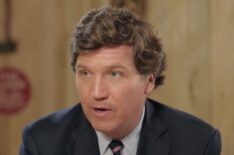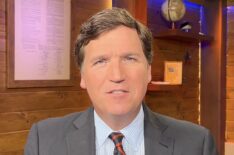Tucker Carlson
Credits

Tucker Carlson Originals: Let Them Eat Bugs Nation
Host
Show
2023

Tucker Carlson Originals: Death of Comedy
Host
Show
2023

The Death of Comedy?
Host
Show
2023

Tucker Carlson Originals: FTX
Host
Show
2023

Scam Bankrupt Fraud: The Story of FTX
Host
Show
2023

Tucker Carlson Originals: Christmas Special
Host
Show
2022

Tucker's Christmas Special
Host
Show
2022

Tucker Carlson Originals: Biden Inc
Host
Show
2022

Biden, Inc.
Host
Show
2022

Tucker Carlson Originals: Battle for the Border
Host
Show
2022

Battle for the Border
Host
Show
2022

Tucker Carlson Originals: Blake Masters
Host
Show
2022

The Candidate: Blake Masters
Host
Show
2022

Tucker Carlson Originals: The End of Men
Host
Show
2022

The End of Men
Host
Show
2022

Tucker Carlson Originals: The China Takeover: Brazil
Host
Show
2022

The China Takeover: Brazil
Host
Show
2022

Tucker Carlson Originals: Transgressive
Host
Show
2022

Transgressive: The Cult of Confusion
Host
Show
2022

Tucker Carlson Originals: Cattle Mutilations
Host
Show
2022

Cattle Mutilations
Host
Show
2022

Tucker Goes to Iowa
Self
Show
2022

Tucker Carlson Originals: Life of a Rockstar: Kid Rock
Host
Show
2022

Life of a Rockstar: Kid Rock
Host
Show
2022

Tucker Carlson Originals: Suicide of Los Angeles
Host
Show
2022

Suicide of Los Angeles
Host
Show
2022

Tucker Carlson Originals: Season 2 Preview
Host
Show
2022

Tucker Carlson Originals: Hungary vs Soros
Host
Show
2022

TPUSA Americafest 2021
Self
Show
2021

Tucker Carlson Originals: The Trial of Kyle
Host
Show
2021

Tucker Carlson Originals: Patriot Purge
Host
Show
2021

Tucker Carlson Originals: The People vs Wind Power
Host
Show
2021

Tucker Carlson Tonight Special
Host
Show
2021

Tucker Carlson Originals: The UFO Files
Host
Show
2021

Tucker Carlson Originals: The Illegal Invasion
Host
Show
2021

Tucker Carlson Originals: Surviving Disorder
Host
Show
2021

Tucker Carlson Originals: Hunting MS13
Host
Show
2021

Tucker Carlson Originals: AR-15: Under Assault
Host
Show
2021

Tucker Carlson Originals: Green Energy Scams: Maine
Host
Show
2021

Tucker Carlson Originals Premiere
Host
Show
2021

Tucker Carlson Originals: Season 1 Overview
Host
Show
2021

Tucker Carlson Originals: Chicago in Crisis
Host
Show
2021

Tucker Carlson Today
Host
Show
2021

Tucker & Brit
Host
Show
2019

The Quiz Show
Guest
Show
2018

DailyMailTV
Guest
Show
2017

Tucker Carlson Tonight Special: Tucker Takes On
Host
Show
2017

Tucker Carlson Tonight Special: Campus Craziness
Host
Show
2017

Strikethrough
Self
Show
2017
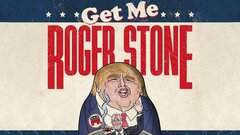
Get Me Roger StoneStream
Actor
Movie
2017
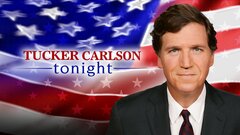
Tucker Carlson Tonight
Host
News
2016

Hannity Special: The Hillary Clinton Email Scandal: Extremely Careless
Host
Show
2016

A FOX & Friends Christmas
Host
Show
2014

A FOX & Friends Christmas
Host
Show
2013

MediaBuzz
Guest
Show
2013

MediaBuzz
Host
Show
2013

For Liberty: How the Ron Paul Revolution Watered the Tree of Liberty
Actor
Show
2012

Split: A Deeper Divide
Actor
Movie
2012

FOX News Reporting: Do You Know What Textbooks Your Children Are Really Reading?
Host
Show
2009

Hannity
Anchor
News
2009

30 RockStream
Guest Star
Tucker Carlson
Series
2006

Tucker
Host
Show
2005

FOX and Friends Saturday
Actor
Show
2002

FOX and Friends Saturday
Host
Show
2002

FOX and Friends Sunday
Actor
Show
2002

FOX and Friends Sunday
Host
Show
2002
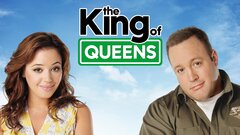
The King of QueensStream
Guest Star
Series
1998

FOX and Friends
Actor
News
1996

FOX and Friends
Correspondent
News
1996
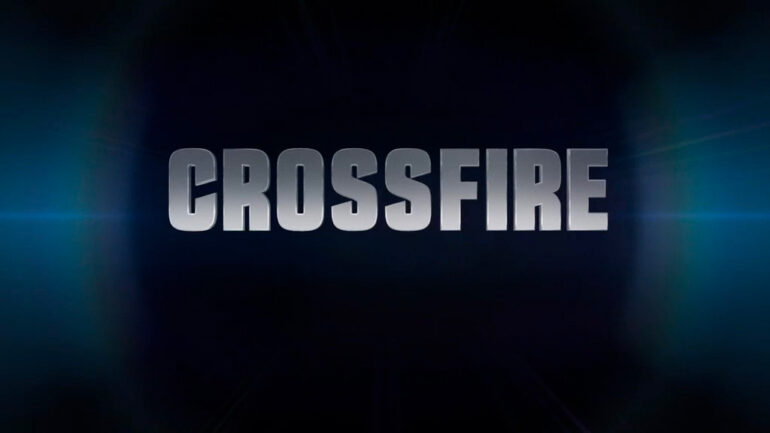
Crossfire
Host
News
1982
News aboutTucker Carlson
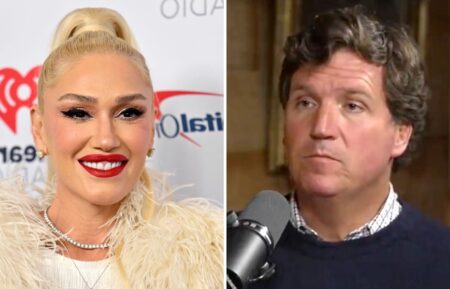
Gwen Stefani Under Fire for Tucker Carlson & ‘The Chosen’ Reaction
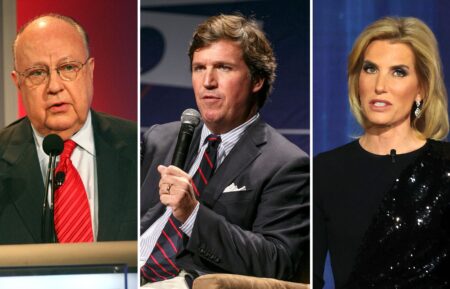
The Biggest Controversies in Fox News History
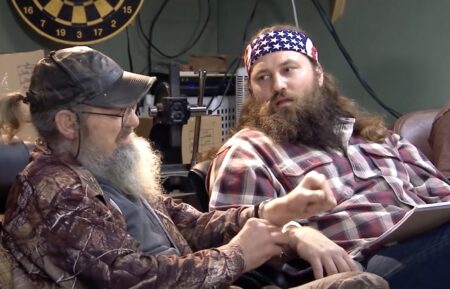
‘Duck Dynasty’ Star Willie Robertson Shares Big Update About Reboot
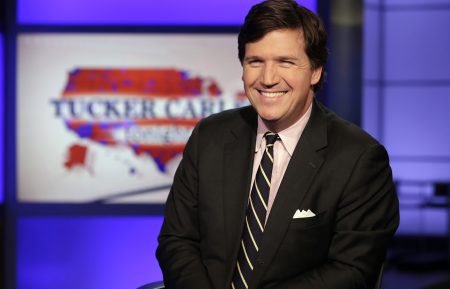
‘Tucker Carlson Network’ Set to Launch – How You Can Watch It
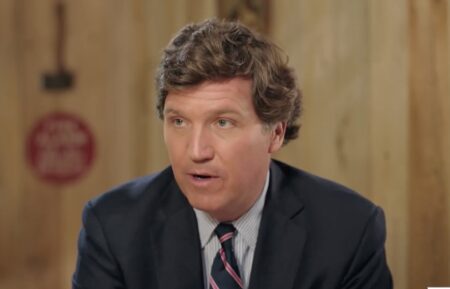
Tucker Carlson Says ‘Fearful Women’ Run Fox News as He Speaks Out About Firing
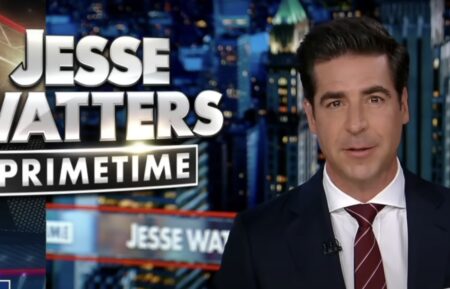
Jesse Watters’ Democrat Mom Takes Shot at Tucker Carlson on Fox News
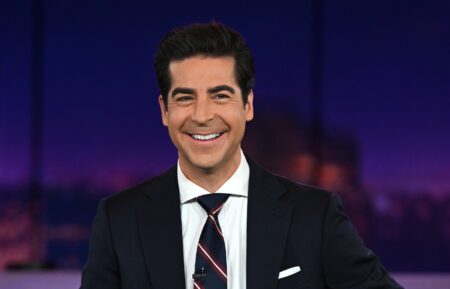
Jesse Watters: 6 Things to Know About Fox News’ Tucker Carlson Replacement
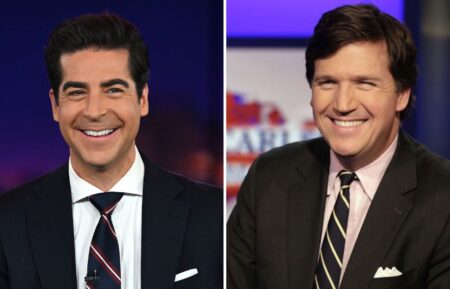
Jesse Watters Taking Over Tucker Carlson’s Time Slot at Fox News
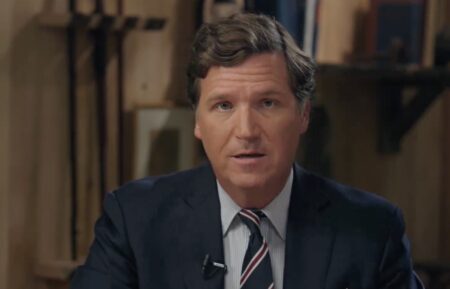
Fox News Sends Tucker Carlson Cease And Desist Letter Over Twitter Show
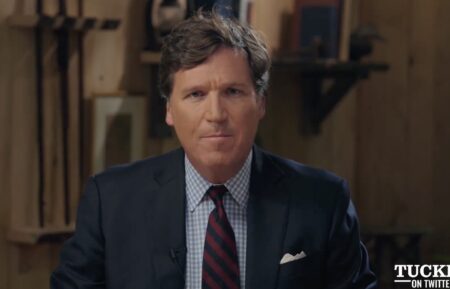
Tucker Carlson Debuts New Twitter Show After Fox News Firing
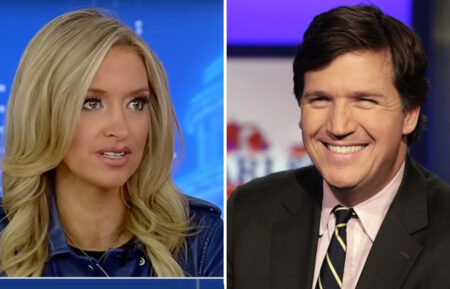
Ex-Trump Aide Kayleigh McEnany Taking Over Tucker Carlson Fox News Slot

New York Times Reveals Tucker Carlson Text That Reportedly Contributed to His Firing
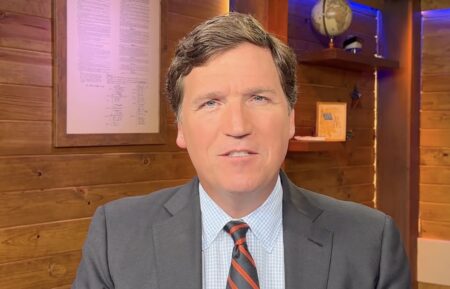
Tucker Carlson New Job: Axed Fox News Host Teases What’s Next

Fox News Ratings Dive After Tucker Carlson Exit, Plus Where Will He End Up Next?

Poppy Harlow & Kaitlan Collins Address Don Lemon Exit on ‘CNN This Morning’ (VIDEO)

Who Will Replace Tucker Carlson on Fox News?

Tucker Carlson Out at Fox News Effective Immediately
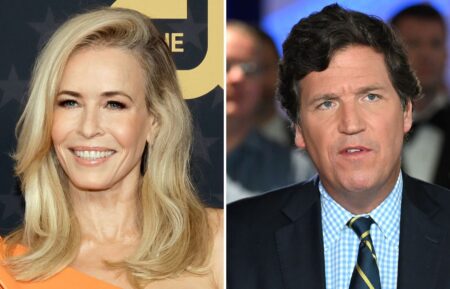
Chelsea Handler Mocks ‘Triggered’ Tucker Carlson After Sexist Rant Over Her Being Childless
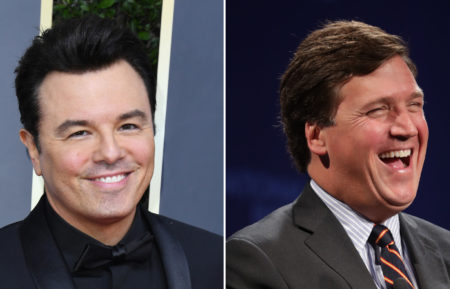
Seth MacFarlane Slams Tucker Carlson, Wishes ‘Family Guy’ Didn’t Air On Fox
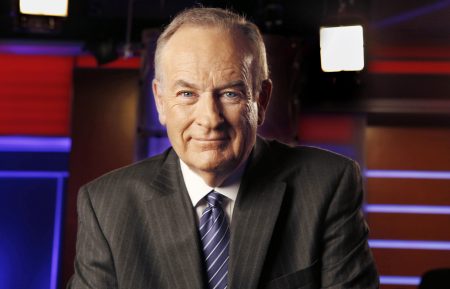
Column
After Bill O’Reilly’s Dismissal, What is the Future of Fox News?
